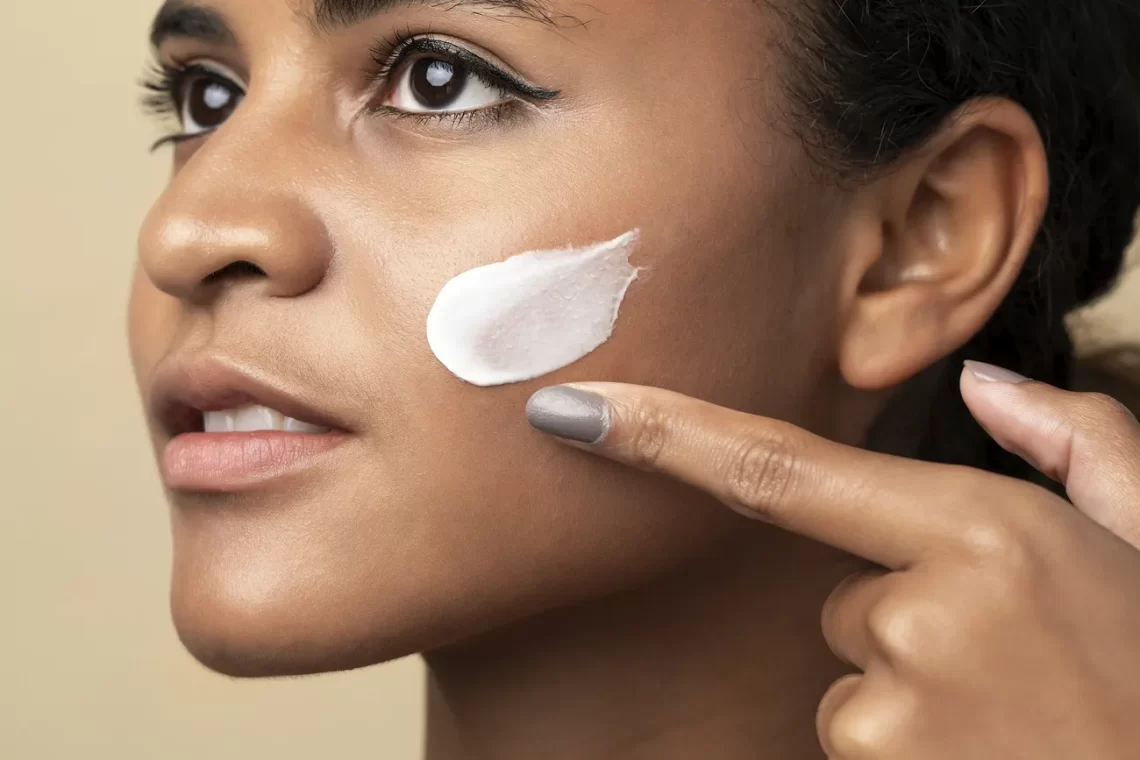Creating your skin care routine can be one of the best investments you can make. You only have one body, and the part of it that bears the first signs of aging is your skin. Taking care of this delicate organ (yes, the skin is an organ) involves a proper routine that both cleanses and 2keeps it healthy.
The best Singapore skincare routines moisturize the skin, prevent common skin issues like acne, improve texture, and reduce the appearance of fine lines and wrinkles.
The Six Key Items You Need to Have In Your Collection
The world of makeup and skin care can really be overwhelming. You have a ton of options and variations from hundreds of brands, each claiming that their product is the best for you.
It can be difficult to separate truth from good marketing, but thankfully, the internet has a ton of resources to help you recognize the products that actually make a difference and readings on what are the benefits of witch hazel on your skin. Here are six great skin care products that will legitimately improve the health and wellness of your skin.
1. Skin Cleansers
Photo by michela ampolo on Unsplash
A cleanser is one of the best face beauty products. Its main function is to remove dirt, oil, makeup, and other impurities that can accumulate on the skin throughout the day. This leaves the skin feeling clean and refreshed and also prepares it, so that other products in your skincare routine, such as toners, serums, and moisturizers, can be absorbed more easily.
Cleansers come in multiple options, such as gels, creams, and even foam cleansers. Each of them has a specific use-case scenario based on skin type. Gel cleansers, for instance, are great for skin types that are prone to acne and oil build-up. Foam cleansers are also great for acne-prone and oily skin, albeit a little messy to use, and cream cleansers are useful for sensitive skin.
2. Moisturizers
Your skin naturally loses moisture throughout the day, and moisturizers help to lock in moisture and hydrate the skin, keeping it feeling soft and smooth. When the skin is dehydrated, it can appear dull, flaky, and tired. Moisturizing helps to plump up the skin and give it a healthy, radiant glow. Moisturizers come in a variety of forms, such as lotions, creams, ointments, gels, balms, and even serums.
The main difference that separates them is the thickness or consistency of the moisturizer. Lotions, gels, and serums are usually more lightweight and easily absorbed into the skin when compared to creams, ointments, and balms.
3. Oils
Photo by on Pexels
It might sound counterintuitive to apply oils to your skin. Aren’t we supposed to hate oily skin? Well, facial oils are used for an interesting purpose. Our skin produces oil to moisturize itself, but when the skin is stripped of its natural oils, it can produce more oil to compensate.
This is often the case for people who use harsh, stripping cleansers that can remove the skin’s natural oils. Using facial oils on the skin can help balance things out and keeps the skin from overproducing oil. Some oils like jojoba, Grapeseed, and Squalane are great for this because their composition is similar to a skin’s natural oil.
4. Serums
One of the benefits of using serums in your skin care routine is that they can deliver a higher concentration of active ingredients than traditional moisturizers or creams. This is because serums are made up of smaller molecules that can penetrate deeper into the skin, allowing them to deliver their beneficial ingredients more effectively.
Serums are made with different purposes. Some of them focus on vitamins, others focus on things like Hyaluronic acid (great for hydration), and others still focus on aspects like peptides which are small amino acid chains that help to promote collagen production. They help plump and firm the skin.
5. Face Masks
Face masks are an ancient method of skin care that can be traced back thousands of years, all the way from India to Egypt, before they became a popular means of hydrating and revitalizing one’s skin in the West. There are two main types of masks: leave-on and rinse-off.
For those looking to explore innovative and climate-suited options, skincare Singapore brands offer a wide range of masks designed to
nourish and refresh your skin, even in humid environments.
Leave-on masks are designed to be left on the skin for an extended period of time, usually overnight, and provide a deep treatment for the skin. Rinse-off masks, on the other hand, are designed to be used for a shorter period of time, usually 15-20 minutes, and then rinsed off with water.
6. Sun Protection
Sun protection is a must-have in any skin care routine and is needed to protect your skin from harmful UV rays. The sun emits two main UV rays that are bad for your skin: UVA rays which go deep into the skin and cause long-term damage such as wrinkles, age spots, and skin cancer.
UVB rays, on the other hand, are responsible for causing sunburn and can also contribute to skin cancer. In order to protect your skin from the harmful effects of the sun, remember to use broad-spectrum sunscreen with an SPF (sun protection factor) of at least 30. Broad-spectrum sunscreens provide protection from both UVA and UVB rays. You also want to reapply sunscreen every two hours and after swimming or sweating.
Conclusion
These are just a few examples of products that you should add to your skin care. Each aspect of skin care is quite complex, given the variety of skin types and requirements that each person has. Find time to research what works best for you, and don’t be afraid to try out new products from time to time.
Read more fashion articles at ClichéMag.com
Images provided by Flickr, Unsplash, Pexels, Pixabay & Creative Commons




